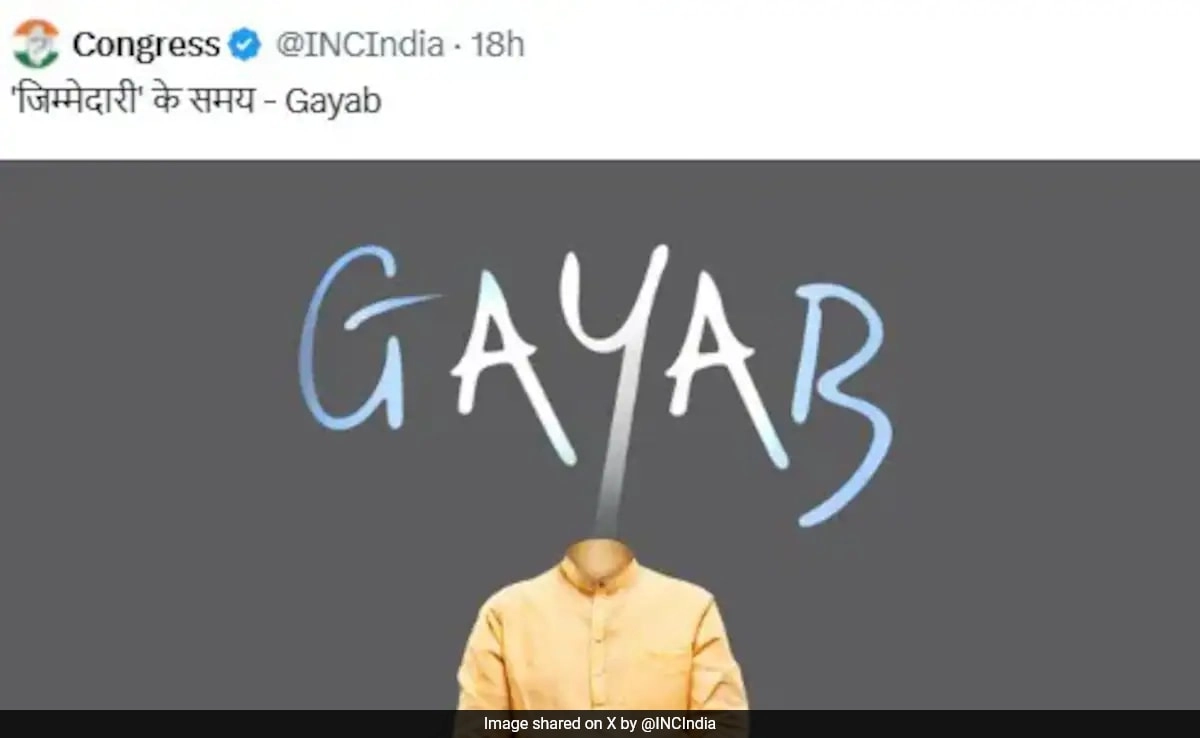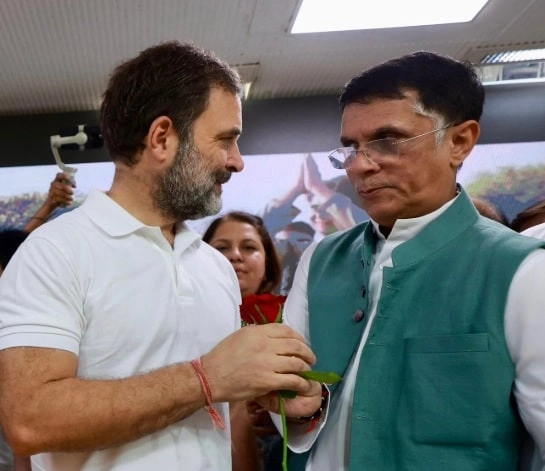In recent political discourse, the Bharatiya Janata Party (BJP) has expressed strong indignation over comments made by the Congress party, specifically targeting Prime Minister Narendra Modi with the jibe “PM Gayab.” This phrase, which translates to “PM vanished,” was used by Congress leaders to criticize Modi’s perceived absence during significant national crises and events. The BJP has vehemently rejected this characterization, interpreting it as an irresponsible political strategy aimed at undermining the credibility of the Prime Minister and the government as a whole. The BJP’s response underscores the heightened tensions and aggressive exchanges typical of Indian political debates, particularly as elections draw near.
The BJP has articulated that the Congress party’s comments are not merely a critique but are indicative of deeper frustrations stemming from their own political failures. By labeling Modi as “Gayab,” Congress attempts to project an image of leadership void, especially during challenging times. However, BJP leaders have countered this narrative, asserting that Modi’s leadership has been pivotal in navigating the country through various crises, including economic challenges and public health emergencies. The use of such derogatory terms reflects a broader trend in political rhetoric, where parties often resort to personal attacks rather than focusing on substantive policy discussions.
Moreover, the BJP’s defense highlights the complexities of political communication in India, where the interpretation of phrases and slogans can have significant ramifications. The term “dog whistle” has emerged in political analysis to describe coded language that resonates with specific voter bases while remaining ambiguous to the general public. The BJP’s swift rebuttal indicates their awareness of how such jibes can influence public perception. By framing the Congress’s remarks as a desperate attempt to regain relevance, the BJP aims to consolidate its own voter base, reinforcing the narrative of a stable and proactive leadership under Modi.
As the political landscape evolves, such exchanges between the BJP and Congress are likely to intensify, with both parties striving to dominate the narrative. The effectiveness of the Congress’s jibe and the BJP’s counter will ultimately depend on their ability to engage with voters on pressing issues rather than personal attacks. In an environment where social media amplifies political messages, the consequences of these verbal sparrings could significantly impact public opinion ahead of the upcoming elections. The BJP’s strong pushback against the “PM Gayab” remark serves as a reminder of the stakes involved in Indian politics, where every word can be a double-edged sword in the battle for electoral supremacy.




